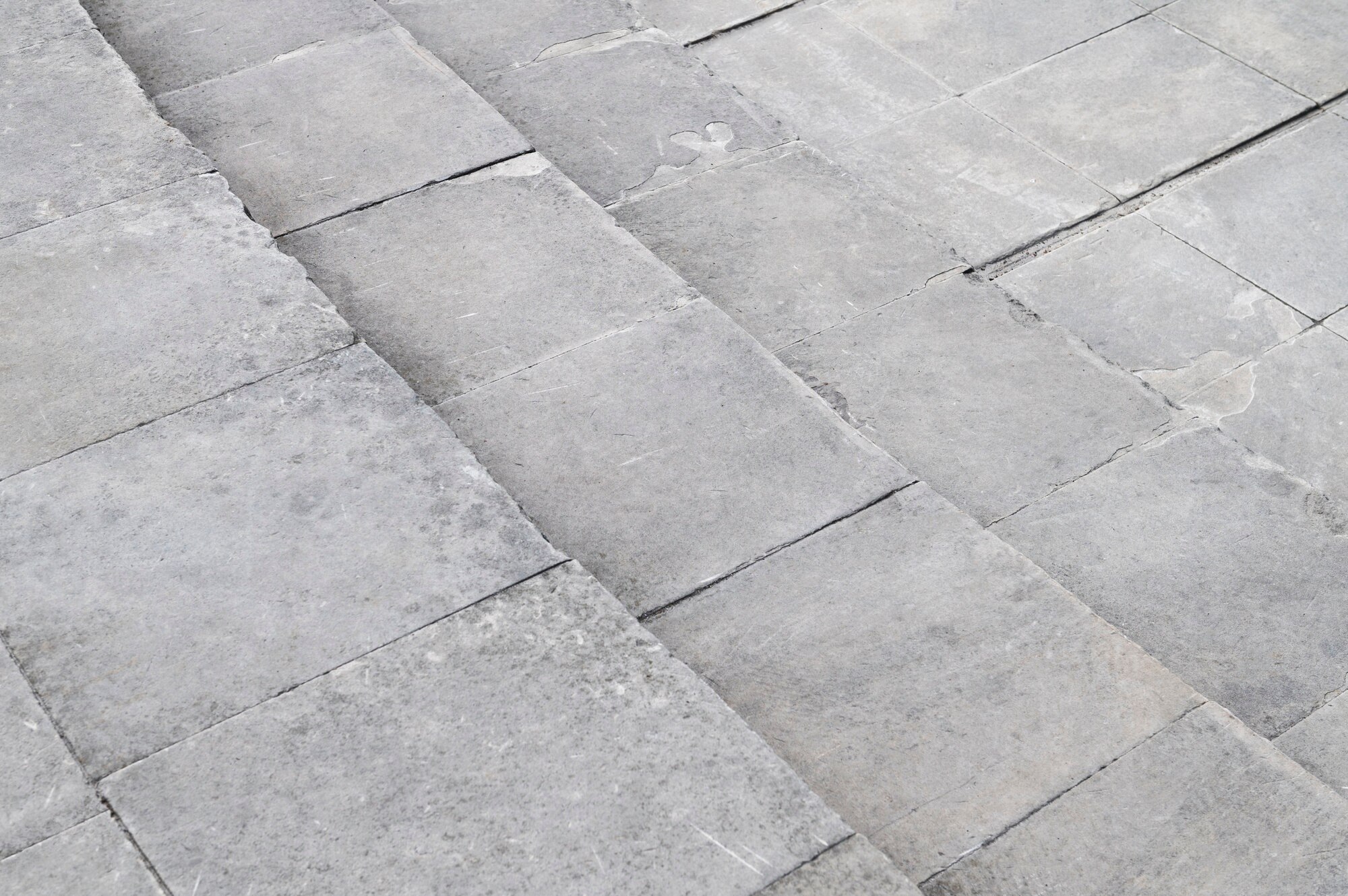Paving your driveway is a great choice. Not only do driveway pavers look sophisticated and stylish, they also perform to a very high standard. But only when you choose the right pavers for driveway use. Certain types of pavers are not suitable to withstand the high volumes of traffic and the rigours of heavy loading experienced on your standard driveway.
Here’s what you need to know before you get started paving your driveway.
Why paving your driveway is a great choice
Pavers offer some fantastic benefits when it comes to driveways, including:
- Adding a classy and sophisticated look and feel to your property
- Elevating the curb appeal and resale value of your home
- Having very low maintenance requirements
- Being long-lasting, durable and weather resistant
- Withstanding the weight of vehicles well
- Being easy to repair or replace if a paver gets damaged
- Being less slippery in wet conditions than other paving materials
- Being able to be used immediately once they have been installed
If you want something a little more interesting and classy than your standard concrete or gravel driveway, pavers are the optimum choice.
First, you’ll need to do some planning
Before you dive into choosing your driveway pavers, you’ll have to do some assessment. First, identify how much volume your driveway gets now, and how much it’s likely to get in the future. Is it the driveway to a busy retail area, factory or commercial premises? If so, it will receive high frequency use and heavy traffic. Or is it the driveway to a residential property that will only be used a few times a day by the homeowners?
The type, frequency and volume of use your driveway gets is all important when it comes to determining exactly what type of pavers will be suitable. That’s because there are certain types of pavers that are specifically designed to be able to handle high volume traffic, while other types of pavers are only suitable for low volume traffic. Choosing the right pavers makes a big difference when it comes to the durability and longevity of your driveway – and it’s not something you want to get wrong.
Your choice of driveway paving material
Once you know how much traffic your driveway gets, the next step is to choose your paving material. There are a number of options here, including concrete, brick and stone. Each has its pros and cons, but generally speaking, the best choice for most driveways is concrete.
Concrete pavers embrace all the strength and durability properties of concrete, in the stylish form of a paver. They are structurally very solid and durable, come in a large variety of shapes, sizes, colours, textures and finishes, and best of all – are cheaper than other types of paving material.
Concrete pavers allow you to create whatever look and feel you want in your driveway, as well as being low maintenance, fairly simple to install and easy to replace in case of damage. Just make sure you order and store a few extras so that you have spares on hand if you need to replace any pavers.
The types of pavers that are suitable for driveways
Driveway paving requires thicker pavers that those you would use for an outdoor area, as the driveway will obviously need to withstand heavier loads.
50mm thick pavers are usually fine for driveways that need to carry pedestrian and light vehicle traffic. For larger commercial/industrial areas or multi-dweller residential driveways, you’ll need pavers of 60mm in depth or above on your driveway. These thicker pavers will ensure the driveway can effectively withstand the weight of many vehicles and the heavier wear and tear that will be placed upon them.
Pavement systems help strengthen the pavement
For very high-volume driveways, concrete segmental interlocking paving systems such as these you’ll find here are the best choice. They are specifically engineered for high volume traffic, and are ideal to use in heavy volume driveways, large carparks or hardstands. These systems will outperform traditional concrete or asphalt pavements, as the greater the turning load applied to them, the stronger they interlock.
What maintenance do driveway pavers need? You’ll have to seal your concrete driveway pavers once installed, to ensure they stay looking good for a long time. But that’s about it. If they become stained or dirty, just give them a light cleaning every now and then and they’ll look as good as new.
The cost of driveway pavers
The cost of driveway pavers will depend on the material and type you choose, but if you want affordable pavers, concrete is your go-to choice. Concrete pavers are a great investment when you spread the cost over many years, especially when you consider how durable and long-lasting they are.
Where can I buy high quality driveway pavers?
Find the best range of high quality light vehicle driveway pavers at Stoneworks: https://stoneworkspavers.com.au









Leave a Reply